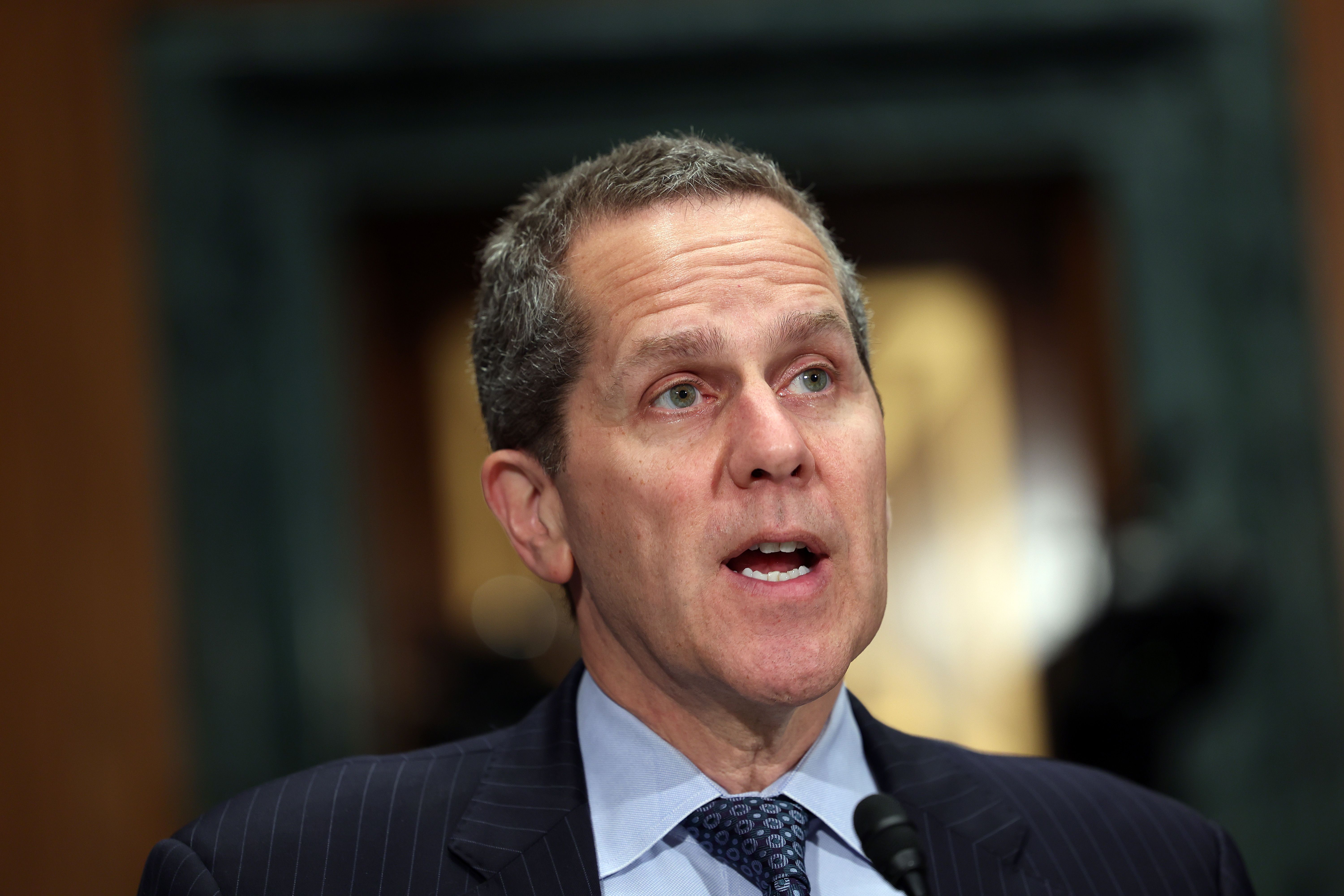
Michael Barr, the Vice Chair for Supervision at the U.S. Federal Reserve, announces his resignation effective February 28, or earlier, pending a successor’s confirmation. Despite stepping down from this pivotal role, he will retain his position as a member of the Federal Reserve Board of Governors.
Barr’s decision appears to be a proactive move aimed at preventing a potential conflict with the incoming Trump administration. He stated, “The position of vice chair for supervision was created after the Global Financial Crisis to create greater responsibility, transparency, and accountability for the Federal Reserve’s supervision and regulation of the financial system. The risk of a dispute over the position could be a distraction from our mission. In the current environment, I’ve determined that I would be more effective in serving the American people from my role as governor.”
The implications of his resignation could signal an ongoing politicization of banking regulation. Jaret Seiberg, a financial policy analyst at TD Cowen, expressed concern, noting, “Agency chiefs used to stay when the White House changed parties. That is no longer the case, which means banks should expect bigger policy swings each time the White House changes control.”
As the top banking regulator, Barr’s influence extends deeply into how traditional finance interacts with digital currencies. His previous affiliations with the cryptocurrency sector, especially as an advisor to Ripple, have shaped his regulatory approach.
Tim Scott, a Republican Senator, criticized Barr for supervisory shortcomings during the banking crises of 2023, asserting, “Michael Barr has failed to meet the responsibilities of his position. I stand ready to work with President Trump to ensure we have responsible financial regulators at the helm.”
While Barr’s departure raises questions, Seiberg indicates that the Democratic majority at the Federal Reserve will likely remain until early 2026, suggesting minimal immediate change. If President Trump acts swiftly to appoint a new vice chair, Michelle Bowman is considered a viable candidate. As an experienced community banker and regulatory commentator, she has expressed the need for “regulatory openness” to foster innovation in her statements at various industry gatherings.


